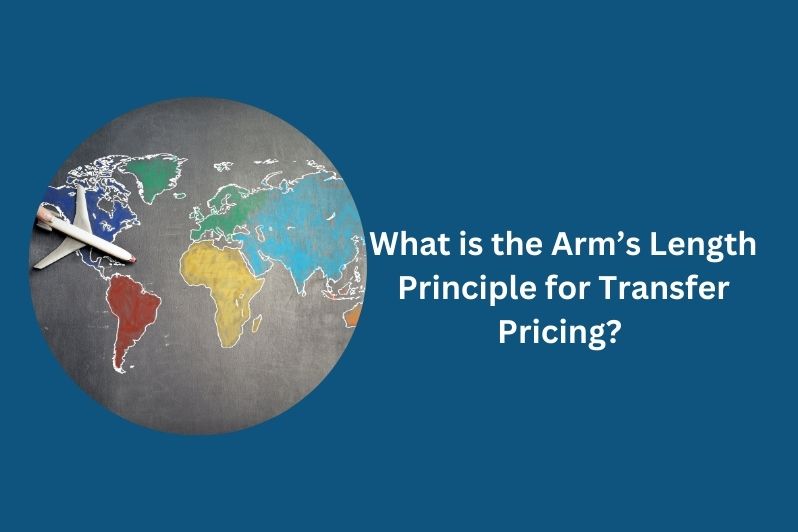Aligning with global norms, the UAE's corporate tax law integrates an extensive Transfer Pricing framework, reflecting the UAE transfer pricing guidelines. Key aspects of these rules are outlined in specific provisions, with Article 34 emphasizing the Arm’s Length Principle, ensuring that transactions between related parties mirror those between independent entities.
Applicability of the Arm’s Length Principle & Transfer Pricing Rules
Broader Applicability
Unlike traditional Transfer Pricing rules limited to cross-border arrangements between related parties, the UAE's Transfer Pricing regime takes a more inclusive approach. It applies to arrangements between related parties and connected persons, covering all taxpayers, irrespective of their legal structure (corporations, partnerships, trusts) and tax regime (mainland or Free Zone).
Core Arm’s Length Principle
At the core of the corporate tax law is Article 34, empowering the Federal Tax Authority (FTA) to reallocate income or expenses between related parties and connected persons. The objective is clear: to ensure the accurate reflection of taxable income or prevent tax evasion, with the arm’s length principle being pivotal.
Read more: Transfer pricing rules in UAE
What is the Arm’s Length Principle?
Article 34(1) establishes criteria for related party transactions to meet the arm’s length standard. In essence, the outcomes of such transactions should align with what unrelated parties would have realized under the same circumstances. This principle ensures fairness and equity in determining taxable income.
Tailored Transfer Pricing Methods & Flexibility
The law offers flexibility in choosing the appropriate Transfer Pricing methods based on the nature of the transactions, with a strong emphasis on comparability analysis considering various factors like functions, risks, and economic conditions.
Considerations for Comparability
The corporate tax law emphasizes a thorough comparability analysis in the application of Transfer Pricing methods, considering factors such as functions, contractual terms, risks, economic conditions, and the subject of the transaction.
Flexibility in Methodology Selection
While not explicitly referencing the OECD Transfer Pricing Guidelines, the corporate tax in the UAE encourages flexibility in methodology selection. The most suitable methodology should be adopted based on the case's facts and circumstances, emphasizing the practical weighing of available information.
Read more: Transfer Pricing Under Corporate Tax in UAE
Variances and Method Selection
Acknowledging the inherent variance in determining the arm’s length outcome, the corporate tax legislation allows for the use of the most appropriate method under the circumstances.
In conclusion, navigating the complexities of the arm’s length principle in corporate tax law requires an understanding of the international context, commitment to Base erosion and profit shifting, and a tailored approach to Transfer Pricing methods. The embedded flexibility enables businesses to align methodologies with their circumstances, ensuring compliance with the evolving landscape of international taxation. Effectively applying the arm’s length principle is not merely a regulatory requirement but a strategic imperative for businesses in the UAE to consult transfer pricing consultants Dubai.
Seek the Expert Services of Tax Consultants in UAE
For tailored guidance on transfer pricing regulations and ensuring compliance, consider consulting our experienced tax consultants in the UAE. Contact us today for expert assistance for any inquiry click here.
